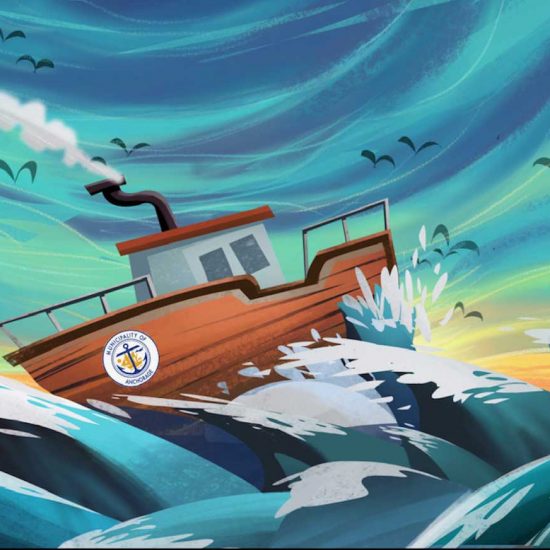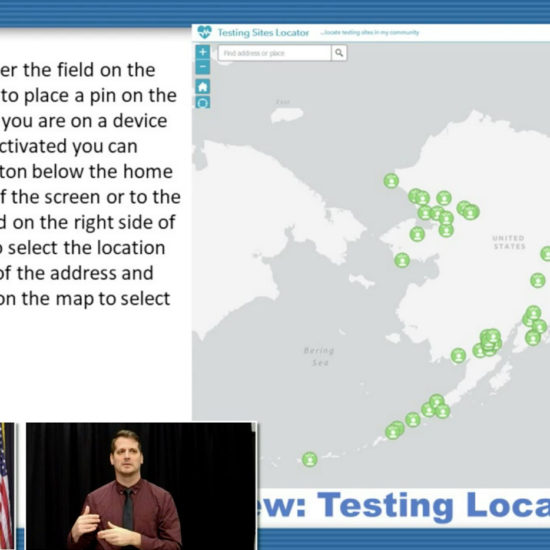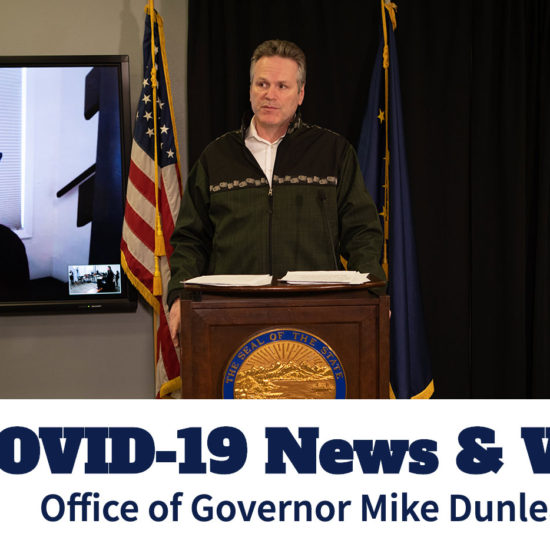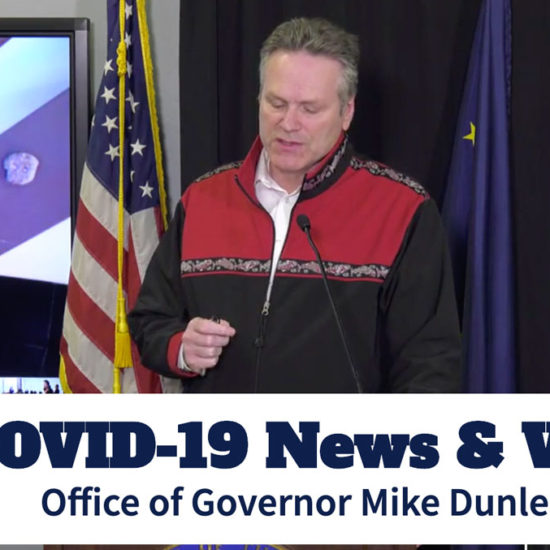Mike Myers is the roving village public safety officer serving southwest Alaska villages including Manokotak. Like many officers in rural Alaska, Myers doesn’t carry a gun and often doesn’t need one.
Americans expect police to carry guns. In most places, it’s just assumed that law enforcement is always armed. But not everywhere.
One of the last exceptions to the rule is the native communities of rural Alaska, such as Manokotak, a Yupik village of about 400 in southwest Alaska. Hunters and fishermen live there in modest houses huddled along a few roads.
This remoteness affects how Myers does his job. He works alone. If he wants backup, he has to wait for armed state troopers to fly in, weather permitting. Given this isolation, he has come to realize that his most important law enforcement tool is his mouth.
“How well can you speak to an individual, how can you talk them down, can you make them understand common sense?” Myers says. “If you can get somebody to understand common sense, they’re going to follow along with you.”
But this kinder, gentler form of policing isn’t foolproof. Sometimes, you get someone who simply won’t listen to reason.
Monegan is part native Alaskan, and he had a long career in policing. He was also chief of police in Anchorage. He says big city cops could learn something from the village public safety officers.
image credit npr.org











